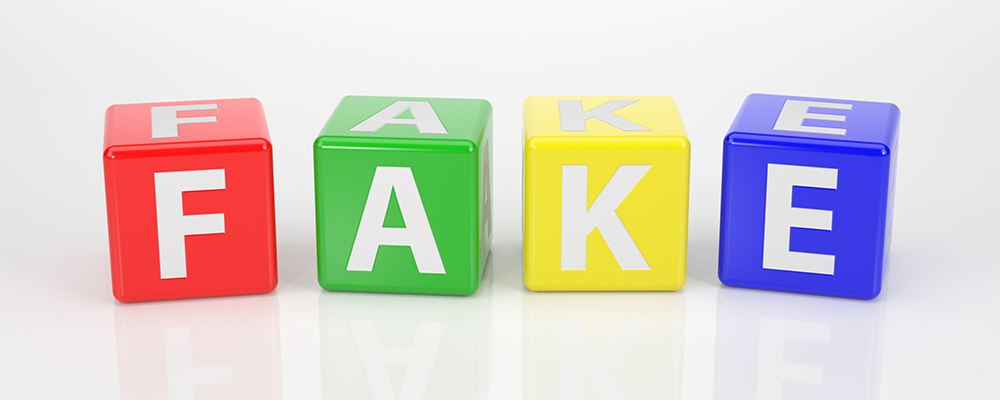Latest Videos | Latest Articles
1. What is self-esteem?
One of the things that distinguish human beings from other animals is our capacity to form an identity and attach value to it. For humans, self-esteem is essential for psychological survival. When we talk about self-esteem what we mean is that we have the ability to define who we are and then decide whether we like this identity or not. Self-esteem refers to our beliefs about ourselves, including positive and negative traits. In essence it highlights the human capacity for judgment. If a person has a healthy self-esteem then their beliefs about themselves will usually be positive, and their self-worth will be grounded in their own views of themselves rather than that of others. If a person has low self-esteem then their beliefs about themselves will usually be negative and they will tend to highlight their own mistakes and focus on their weaknesses. A person with low self-esteem will often depend on external validation and gratification rather than find this internally in their own beliefs about themselves.
2. Causes, signs and symptoms
Research suggests that a number of factors can contribute to low self-esteem and it is not possible to identify one single cause that may result in low self-esteem for everyone. Current research suggests that parenting and how a child is brought up during the first three or four years of child’s life may have a significant impact on the development of self-esteem. A lack of early academic success; bullying; excessive pressure and stress; stigma and discrimination, abuse or trauma, negative thinking patterns, personality and temperament; social isolation, difficult childhood experiences; and difficult life events including parents divorcing, long-term illness, and death have all been found to contribute to low self-esteem. Most people have on some occasion been unhappy or dissatisfied with themselves at some stage of their lives. However, people who suffer from low self-esteem experience this negative view of themselves continuously. Low self-esteem can result in a person negatively judging their own ability to complete daily tasks, and as a result it can affect a person’s performance at school or at work. Low self-esteem may lead to someone consistently underperforming because they hold the view that they are less capable than others. It is not unusual for someone with low self-esteem to regularly avoid challenges out of fear that they will be judged negatively or fail to do well. It may also cause an individual to push themselves and work extremely hard because they believe they have to make up for their lack of ability. People who suffer from low self-esteem may often experience additional mental health difficulties such as depression and anxiety as a result of their negative core beliefs, and they may bend over backwards to avoid facing criticism or confrontation with others. Low self-esteem frequently also results in individuals having difficulties asserting themselves and it is not uncommon for people with low self-esteem to mistakenly attribute positive experiences that they have brought on, to external rather than internal factors.
3. Diagnosis
The most common sign of low self-esteem includes the development of a feeling of inadequacy and hypersensitivity to negative evaluation that usually develops during early adulthood, and which results in a pervasive pattern of social inhibition. Additional signs include the avoidance of occupational activities that would normally result in interpersonal contact and which therefore might result in the individual being exposed to rejection, disapproval or criticism. For a diagnosis of low self-esteem to be given, an individual will need to experience impairments in self-functioning on two points; Identity and self-direction. This will include the individual conducting a negative self-appraisal that categorises them as socially inept, inferior, and personally unappealing. Accompanying the self-appraisal will be excessive feelings of inadequacy and shame. It will also include unrealistic standards for behaviours associated with taking personal risks, engaging in activities that can result in interpersonal contact and a reluctance to develop and pursue personal goals.
4. Low self-esteem treatment
Low self-esteem is normally treated with psychotherapy, medication, or both. Choice of treatment depends on the severity of the disorder, and individual choice. In some cases, self-help books or leaflets may be helpful. Psychologists provide different techniques and therapies. Psychological therapies such as Cognitive Behavioural Therapy (CBT), Psychodynamic Therapy or Integrative Therapy are commonly used when working with low self-esteem. CBT is a type of therapy that focuses on the connection between thoughts, emotions and behaviour and teaches the person new ways of thinking and behaving that may help in strengthening self-esteem. This kind of therapeutic approach will focus on identifying triggers for low self-esteem, reframing situations and developing healthy and constructive coping mechanisms. Psychodynamic Therapy will focus on exploring early life experiences and understanding how these experiences have impacted on later thinking and behaviour. Integrative therapy might focus on identifying early attachment difficulties and exploring how these might contribute to the current difficulties around low self-esteem. Strategies to address low self-esteem will also be discussed and these may for instance include the use of positive qualities diaries, compassionate letter writing and behavioural experiments to test out the validity and value of the self-critical thinking. When low self-esteem occurs alongside depression, anxiety or other mental health difficulties then it can also be treated through the use of medication and your GP will be able to provide you with guidance on what medication to take. At present two types of medications are commonly used to treat low self-esteem – antidepressants and anti-anxiety medications. Some of these medications start working immediately whilst others take several weeks to start working. Common to all medication is that it may cause side effects and some medication should not be taken for prolonged periods of time.
How to become more assertive
We have all been told at some point to be more assertive or speak up. But what is assertiveness? In this video I talk about...Read More »










